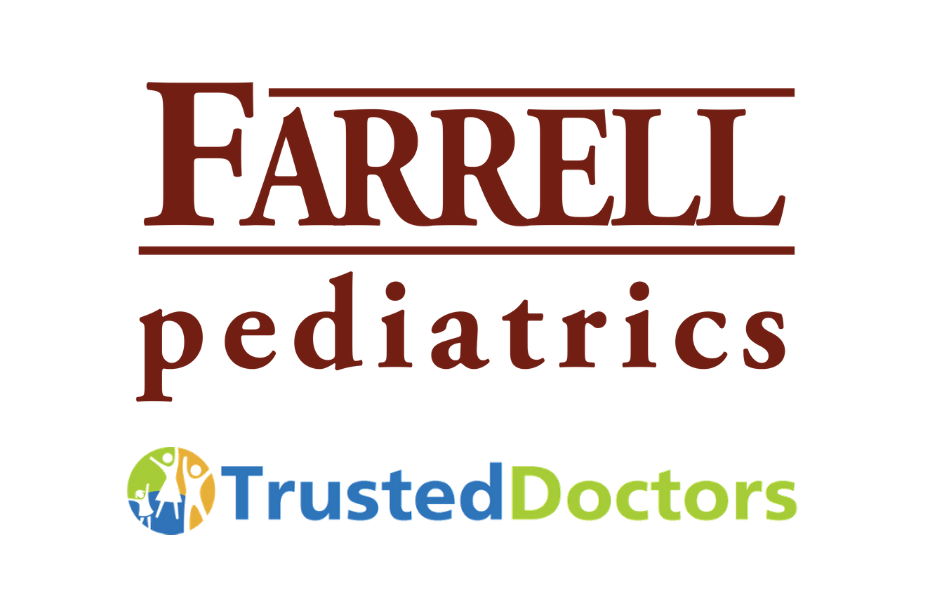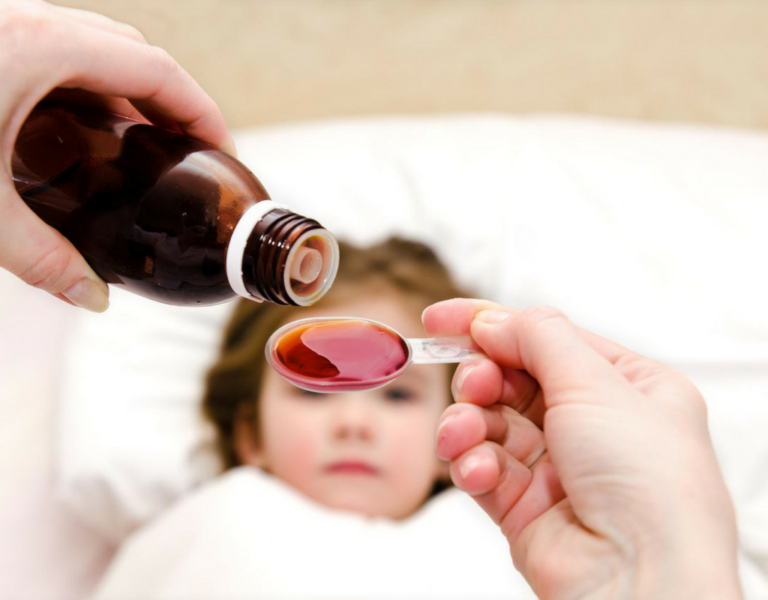When your child gets older, their medical care is different than when they are young. As they reach puberty and their teenage years, the need for privacy increases, and their health and medical needs are no exception. Many young adults and teenagers are not comfortable reaching out to their parents for help. Instead, they rely on friends and the internet for information. This information may not be reliable and could potentially harm your teen. As a parent, you have their best interest at heart, and you want them to be safe and healthy. The best way to ensure this happens is to keep open lines of communication with your child as they age and reach the more independent phase of their lives.
However, it can be tricky to navigate this phase in the beginning. It helps to be aware of the decisions a minor can make regarding their health. In Virginia, a teen has the right to consent to some medical and health services without their guardian or parents’ involvement. In these cases, they can make decisions about their health without their parents finding out. A teenager can receive medical health services for family planning, including birth control and outpatient care, and treatment for substance abuse. Moreover, they can also consent to medical services needed to rehabilitate mental illness or emotional disturbance without permission from their parents. It’s worth noting that the law does not consider a minor an adult for the purpose of consenting to an abortion.
In some states, minors over the age of 14 or 15 years old may be considered a “mature minor” and given the right to consent to medical care or treatment. However, Virginia does not recognize mature minors as being legally empowered to consent to medical care or treatment.
This means that, in most cases, parents still have to provide legal consent to authorize medical care/treatment. This includes vaccinations, medications, and procedures. Some laws make exceptions for emergencies. For example, a doctor can perform surgery on a minor without parental consent in a true medical emergency.
Parents also have the right to access their teen’s medical records unless (1) the record is a drug test related to rehabilitation care or (2) their doctor believes that releasing the information would cause substantial harm to the teen or to another person. Furthermore, if a teen bills their doctor’s visit or birth control prescription to their parent’s insurance, the parents may learn of the medical visit on an insurance statement.
While teenagers and young adults have a right to keep this information confidential, communicating with your child about their health needs in a nonjudgmental way will increase the chances of them feeling confident/safe enough to talk it over with you instead of relying on unreliable sources such as friends, teammates, and search engines. Open and honest communication between parents and children will also ensure that they know where to go when they need help.
Looking for a good way to start the conversation with your teen? Download this guide and share it with them. By educating them on their medical rights, you are demonstrating your willingness to honor their need for privacy while affirming your parental duty to provide them with adequate medical care.





